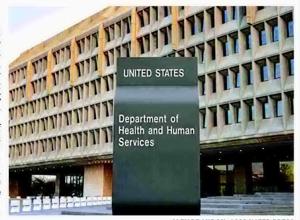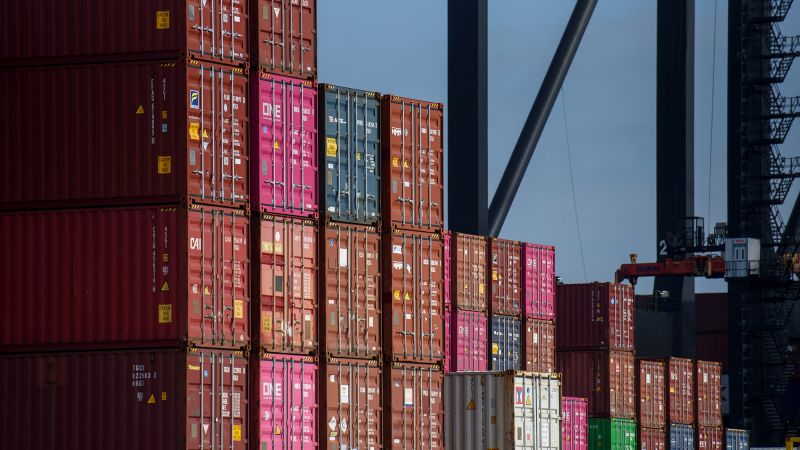President Donald Trump has postponed the introduction of his controversial tariffs on imports, which were initially scheduled to take effect on August 1. This delay prolongs uncertainty for businesses and gives America’s trading partners additional time to negotiate trade agreements, potentially avoiding significant tariffs. Economists and analysts generally view this outcome as positive, as most research indicates that tariffs can adversely affect the economies imposing them, including harming workers and consumers.
While Trump’s previous tariffs have not substantially increased inflation, experts warn of potential delayed economic repercussions. Scott Bessent, Treasury Secretary, describes the current inflationary climate as “the dog that didn’t bark.” Many economists believe that the long-term effects of tariffs could lead to increased inflation and job losses, creating a false sense of security for the administration.
Impact on Businesses and Consumers
Tariffs function as taxes on imports, directly affecting production costs and consumer prices. Approximately half of all US imports consist of intermediate goods, which are essential for manufacturing finished products. According to the Organisation for Economic Co-operation and Development (OECD), these increased costs can have a ripple effect. For instance, Doug Irwin, an economics professor at Dartmouth College, points out that when American manufacturers face higher prices for imported components, they often have to pass these costs onto consumers.
During Trump’s first term, steep tariffs on imports led to an increase in domestic prices. A study conducted in 2019 by Mary Amiti from the Federal Reserve Bank of New York confirmed a “complete pass-through” of tariffs into the prices of imported goods. This pattern suggests that once again, American consumers may face higher costs if the new tariffs are implemented.
In the last two decades, low US tariffs have contributed to relatively stable prices for consumers, as noted by Hugh Gimber, a global market strategist at J.P. Morgan Asset Management. The anticipated tariffs are expected to disrupt this trend, with Jerome Powell, Chair of the Federal Reserve, acknowledging the likelihood of rising goods inflation.
Economic Consequences of Tariffs
The introduction of tariffs can reduce a country’s overall economic output. A 2020 study that analyzed data from 151 countries found that tariffs have “persistent adverse effects” on gross domestic product (GDP). The reasoning behind this includes disruption of specialized economic activities, which can hinder productivity and efficiency in the labor market.
Fatas from INSEAD explained that rising costs for imported materials can lead to diminished output. For instance, if a factory depends on microchips from Taiwan, an increase in tariffs on these imports results in higher production costs, ultimately reducing the value created by workers.
Additionally, the uncertainty surrounding tariff policies can deter business investments. Surveys conducted by the National Federation of Independent Business indicate that the share of small businesses planning capital expenditures has reached its lowest point since April 2020. As the federation states, “The economy will continue to stumble along until the major sources of uncertainty are resolved.”
The International Monetary Fund (IMF) has also expressed concerns that higher tariffs will lead to decreased productivity and output in the US economy.
Job creation is another area affected by tariffs. Contrary to the expectation that tariffs would protect American jobs, research indicates that they may actually lead to increased unemployment. Irwin cites studies showing that jobs were lost in downstream industries due to the higher costs of imported goods, which outweighed any gains in manufacturing employment attributed to tariffs.
Retaliation from trading partners presents an additional risk. When new tariffs were announced, countries like China and members of the European Union responded with their own levies, further complicating trade relations.
While economists acknowledge the benefits of free trade, they also recognize associated costs, including job losses in industries that face increased competition from foreign manufacturers. Gimber highlights that the impact of technological advancement on manufacturing jobs parallels the effects of free trade.
To address these challenges, providing workers with training and skills development is essential. Many experts advocate for targeted subsidies over tariffs to strengthen domestic manufacturing, as they offer a more direct support mechanism.
In conclusion, the postponement of tariffs by Trump introduces a complex mix of uncertainty and potential economic repercussions. As businesses navigate these changes, the broader implications for prices, productivity, and job creation remain significant.








































































